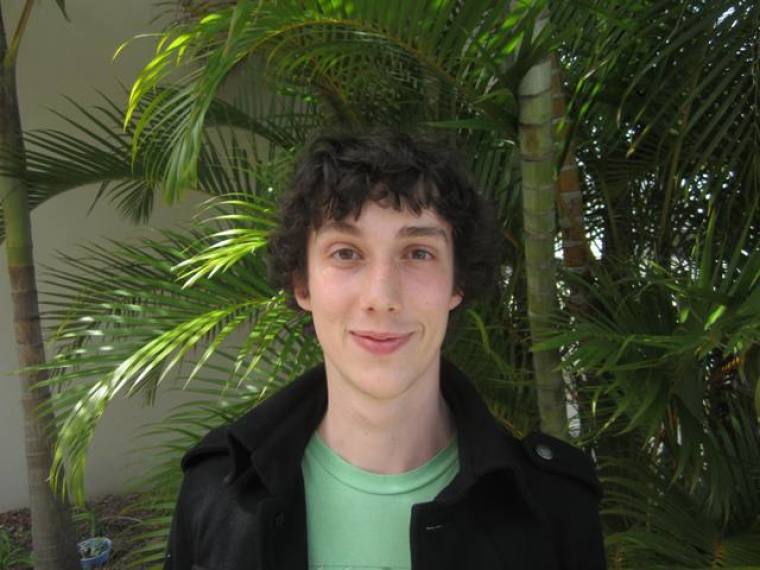

Have you felt that you are living for the next exciting thing? That new experience that you haven't had yet. Perhaps like me you are thrilled about the idea of shooting your friends (in paint ball), or crawling through grime and hiding out on a hill to observe rebels arming themselves in the forest (in a video game).
You might wonder about in the glen collecting flowers and watching the rays of sunlight cutting through the trees (with your new textures and lighting pack).There is an interesting phenomenon which might be described as experience gluttony, and I think it's on the rise.
Perhaps the experiences you seek are different to mine, but I would be willing to bet that for most people in 'Western' culture, your identity is formed by what you do: "I'm a teacher" "I'm an artist". Sometimes there is a very consumeristic sense of what you do. "I buy T2 tea" "I'm a Twinings man myself" and so on. There might be an exception for those who say "I'm a husband" or "I'm a wife" (often followed by a description of the family structure). However, even these examples are an expression of what one does.
The next thing to note is that what we do is a categorisation of our experiences. Though it is a confined set and does not tell all of my experience, when I say "I am a student" the people around me will develop some conception of who I am by applying their knowledge of what students experience. It would be very different to say, "I am a scholarly warrior" (though in some periods of history the two might be frequently linked). Because of this, talking about what we do is important, as this becomes our outwardly acknowledged identity.
To return to the idea of 'experience gluttony', it seems reasonable to guess that we are generally unsatisfied by our identity according to what we do. We desire a larger, perhaps more unique identity, and this leads us to seek experiences filling out any gaps we perceive.
However, even finding all these new experiences is unlikely to end this quest. Experiences do not provide any complete identity that won't need expanding. In the end, we'll be long dead before we have done everything we wanted to do.
Whenever I walk into the library at the university a gain a sense of this, I'll never be able to read all the books I want to read, nor write all the stories that have been in my head. So experience is not a final point to identity, but we can still make it work for us.
We noted before that experience can be attached to by others as a mental schema for understanding us. So what we do is really a message to others about who we are.
Well if this is true, it's probably important for those of us who claim to be Christian that we set apart our lives to actually experience (do) what Christians are meant to do, and talk about it. not in some way that we try to do everything ever done as if we have to feel what Job suffered or see the visions that various prophets and apostles saw, but that we experience the fundamentals.
Experience what it is to be in God's household. Pray and know what it is to seek God. Read the bible and meditate on it. Gather together and do what Church does (Praise God).
If we do these things and talk about them, I'd say we have a good chance that people around us will begin to understand how amazing God's identity for us is.
Alex Gillespie is an undergraduate student from Wollongong now based in Sydney.
Alex Gillespie's previous articles may be viewed at http://www.pressserviceinternational.org/alex-gillespie.html